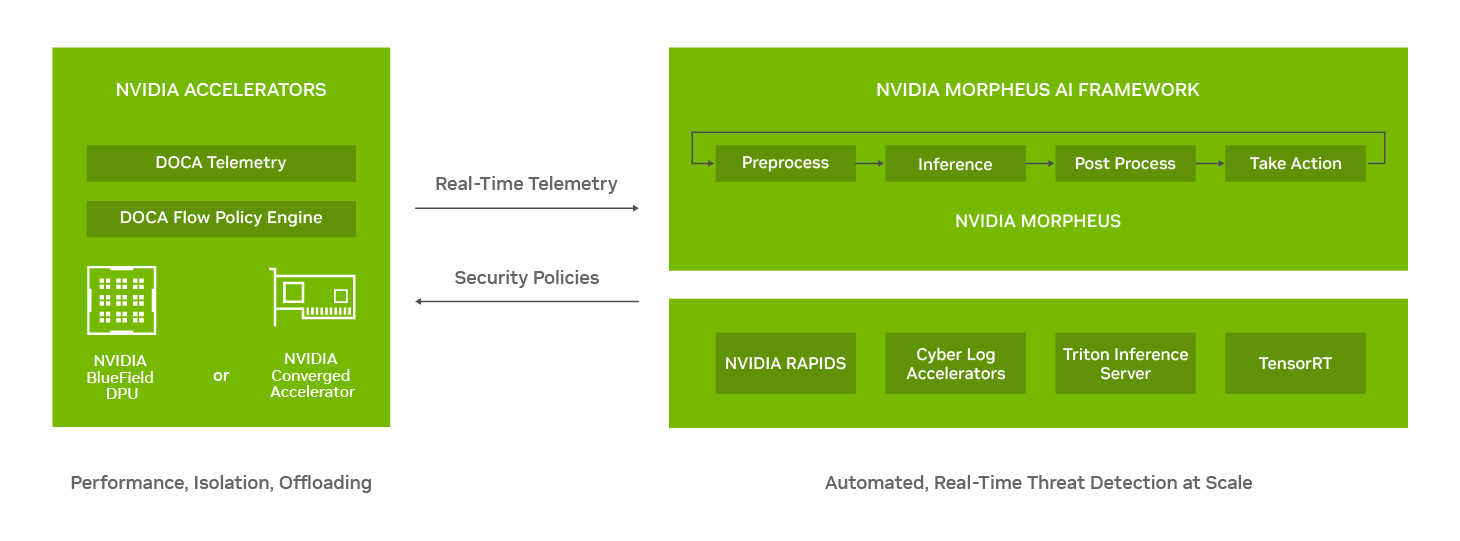|
In recent years, digital technology has been reshaping various industries, and healthcare is no exception. The advent of digital healthcare has brought forth a revolution in the way medical services are delivered, making healthcare more accessible, efficient, and patient-centric than ever before. One of the key components of digital healthcare is the utilization of electronic health records (EHRs). EHRs enable healthcare providers to store, access, and share patients' medical information digitally. This eliminates the need for paper-based records, reducing the risk of errors and allowing for seamless communication between different healthcare facilities. With EHRs, physicians can quickly access a patient's complete medical history, enabling more accurate diagnoses and personalized treatment plans. Telemedicine is another significant aspect of digital healthcare that has gained immense popularity, especially during the COVID-19 pandemic. Telemedicine allows patients to consult with healthcare professionals remotely, using video conferencing and other communication technologies. This approach has eliminated the barriers of distance and time, enabling individuals in remote areas or those with mobility issues to receive quality healthcare without the need for physical visits. Telemedicine has not only improved accessibility but also reduced the burden on hospitals and clinics, leading to cost savings and more efficient allocation of resources. Mobile health applications, or simply "health apps," have become increasingly prevalent in the digital healthcare landscape. These apps provide users with a wide range of functionalities, such as tracking their fitness activities, monitoring vital signs, managing chronic conditions, and even accessing virtual coaching or therapy sessions. Health apps empower individuals to take charge of their own health and well-being, promoting self-care and preventive measures. They also facilitate real-time data collection, which can be used by healthcare professionals to monitor patients remotely, provide timely interventions, and make informed decisions regarding their treatment. Artificial intelligence (AI) and machine learning algorithms have found numerous applications in digital healthcare. These technologies can analyze vast amounts of medical data, including images, lab results, and genetic information, to identify patterns, predict outcomes, and assist in diagnosis. AI can help radiologists detect abnormalities in medical images with greater accuracy, while machine learning algorithms can identify early warning signs of diseases based on patients' data. The integration of AI and machine learning has the potential to revolutionize healthcare by enabling early detection, personalized treatment plans, and more efficient resource allocation. However, along with the rapid advancements in digital healthcare come challenges that need to be addressed. Data security and privacy concerns are of paramount importance when dealing with sensitive patient information. Robust cybersecurity measures must be put in place to safeguard this data from unauthorized access or breaches. Additionally, ensuring equitable access to digital healthcare services across different socio-economic groups and addressing the digital divide is crucial to prevent further disparities in healthcare outcomes. In conclusion, digital healthcare has emerged as a game-changer in the healthcare industry. It has the potential to transform the way we deliver and receive medical services, making healthcare more accessible, efficient, and patient-centric. By embracing digital technology, we can revolutionize healthcare, improve health outcomes, and create a healthier future for all.  |
